What to do during a power outage at night?
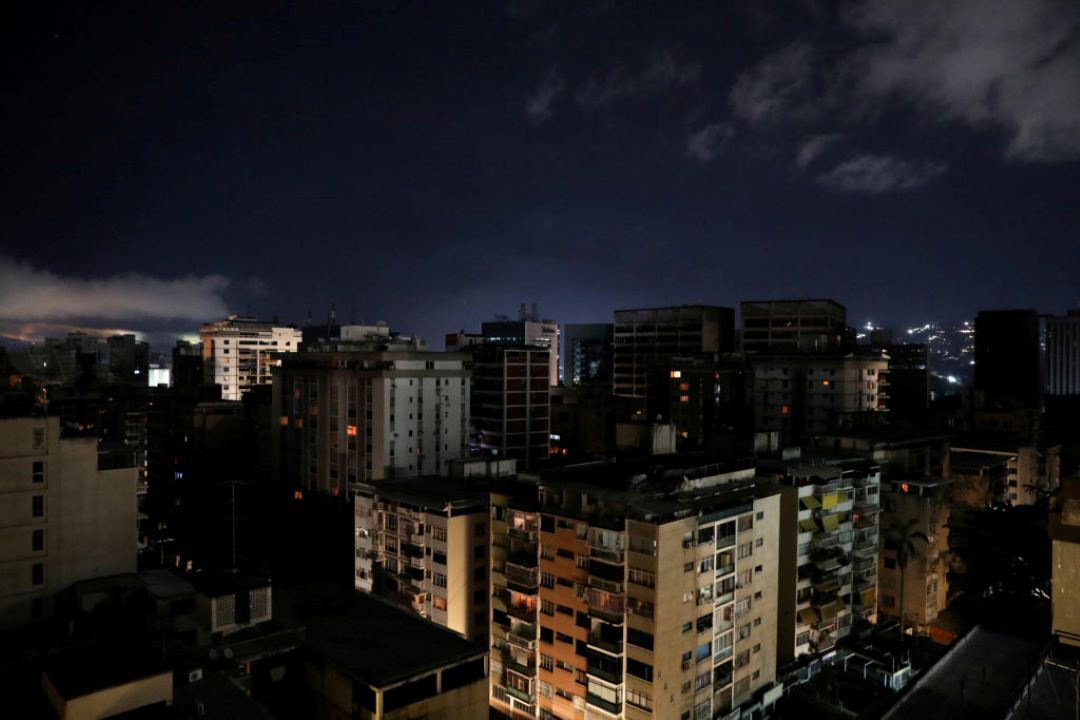
During a power outage at night, you should ensure the safety and comfort of your household by taking several critical steps. Firstly, avoid the risk of carbon monoxide poisoning by never using outdoor heating or cooking equipment inside. If you use a generator due to lost power, place it outside and away from windows to prevent dangerous gasses from entering the house.
Utilize solar lights or a flashlight to navigate your home safely without the risk of fire. Be mindful of power surges when the electricity returns by unplugging unnecessary appliances and electronics. If you smell gas such as carbon monoxide or suspect a gas leak, leave the area immediately and contact your utility company.
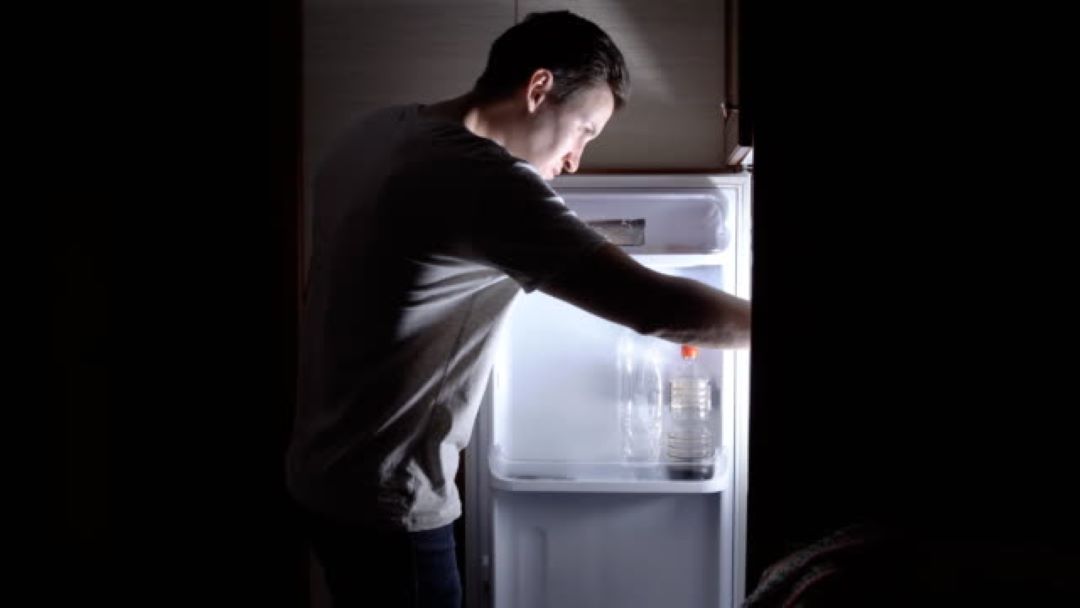
To preserve food, keep your refrigerator and full freezer closed to maintain a cold temperature for as long as possible; a full freezer can stay cold for up to 48 hours, helping prevent spoiled food. Be prepared for extreme cold or lack of hot water by having extra blankets and possibly a safe, alternative heating source.
It's crucial to have an emergency plan for anyone with special medical conditions, ensuring access to necessary food, light, and medical supplies.
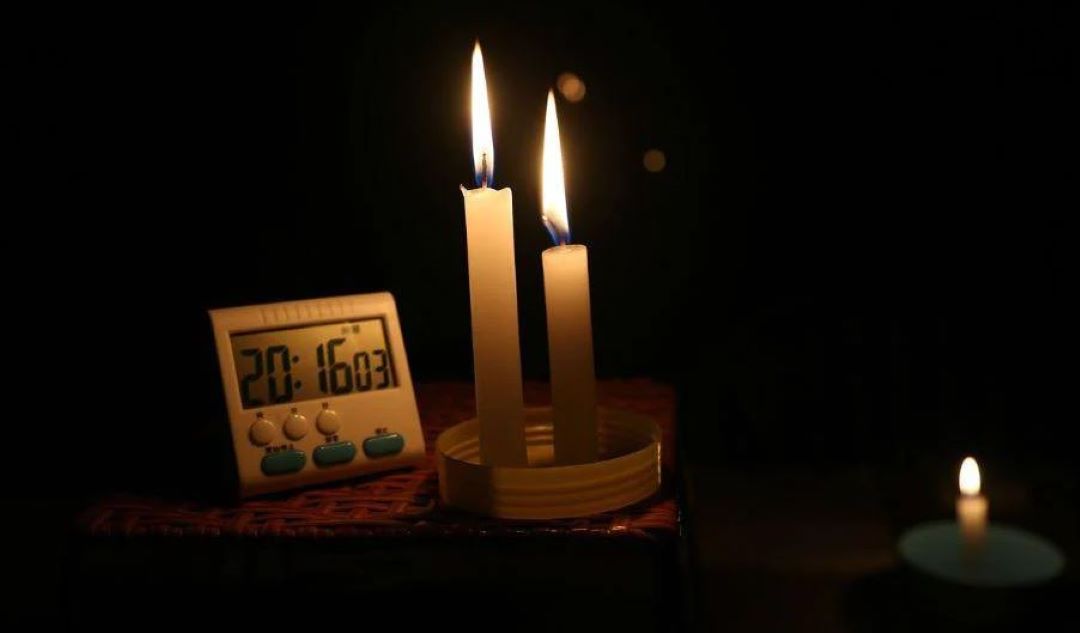
What to do when there is no electricity at home?
When there is no electricity at home during a power outage, it can lead to various challenges and inconveniences that require alternative solutions to keep the household functioning smoothly. However, these challenges can be handled efficiently by following a few simple steps.:
- Using Flashlights for Lighting: Rely on flashlights rather than candles to minimize fire risk. Stored flashlights and extra batteries ensure you have a reliable light source to navigate your house safely during a power outage. You should limit usage on your smart mobile devices; unless there are no flashlights available, use your smart phone's flashlight.
- Disconnect Appliances and Electronics: Unplug electrical appliances and devices to protect them from a potential power surge when the electrical power returns, which could cause damage or even pose a fire risk if not managed properly.
- Check Your Breaker Switch System: Sometimes the issue might be with a flipped breaker. Safely check your breaker box to see if you can resolve the problem internally before assuming it's a broader outage.
- Check with the Local Authorities: Utilize your cell phone to get updates on the power outage situation from your utility company or local news outlets. This can give you an estimated time for power restoration and any safety advice.
- Keep Your Refrigerator and Freezer Closed: To prevent food spoilage, minimize the number of times you open fridge or freezer doors. A full freezer can keep food cold and safe for up to 48 hours without power.
- Do Not Use a Gas Stove or Oven to Heat Your Home: This can cause carbon monoxide poisoning, an odorless gas that can be life-threatening. Ensure you have a battery-operated carbon monoxide detector.
- Prepare Flashlights and Batteries: Before a power outage happens, ensure you have a good supply of working flashlights and extra batteries to avoid being left in the dark.
- Prepare Non-Perishable Foods: Have a stockpile of foods that don’t require refrigeration, cooking, or much water, so even if power outages last for days, you can feed your family without risking food spoilage.
- Prepare Bottled Water: Secure a sufficient supply of bottled water for both drinking and sanitary needs, in case your water supply is compromised or depends on an electric pump.
- Ensure Your Family’s Medical Needs Are in Good Condition: If any household member relies on electrically powered medical devices, have a plan for alternative power sources or locations they can go to continue receiving care.
- Stay in Communication: Keep a power bank with you for charging your cell phone to stay in contact with family and get updates about the power outage. Consider owning a battery-operated radio for receiving news during extended outages.
Besides these specific strategies, always have an emergency kit ready, be cautious of downed power lines, and don't plug a generator directly into your home's electrical system—it can cause backfeeding that endangers utility workers repairing nearby power lines. Taking these steps ensures you’re better prepared for the inconveniences and potential dangers of power outages.
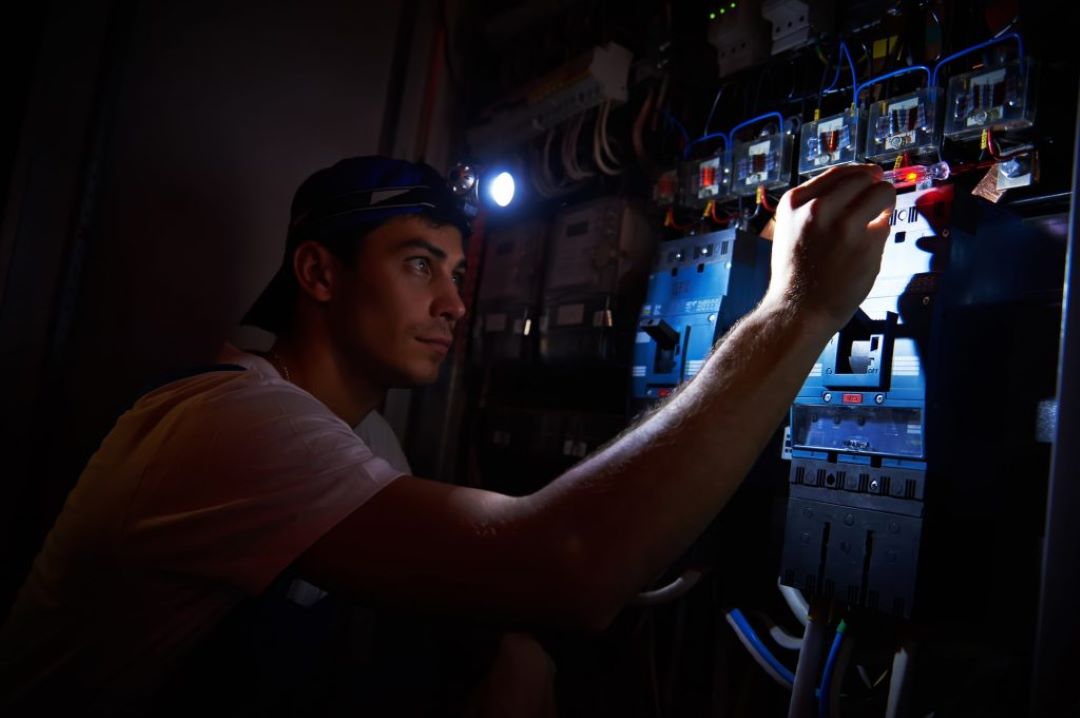
What is the HDB power outage hotline?
The HDB power outage hotline is 1800 778 8888. It's an essential contact for residents experiencing electrical issues within their homes.
Should you observe that the outage extends beyond your dwelling, affecting street lights or other houses in the vicinity, it's advisable to connect with the town council or SP Services hotline immediately. This action ensures that both you and the authorities are alerted to the emergency, facilitating a swift restoration of the electricity supply.
However, if you find that the power outage is isolated within your residence, it suggests a problem with your home's electrical system, possibly requiring intervention from a certified electrician such as Lito Electrical Service.
Such power outages might not only disrupt the lights but could also impact the plumbing system or other utility services. Having the electric company or utility company assess the emergency situation can ascertain the breadth of the outage, guiding efforts to restore light and power within hours, safeguarding the comfort and safety of your family and neighbors.
After the power outage, if your plumbing system is still affected, you can contact a Singapore plumber such as Thong Nian Engineering for their wide range of residential and commercial plumbing services to troubleshoot the issue.
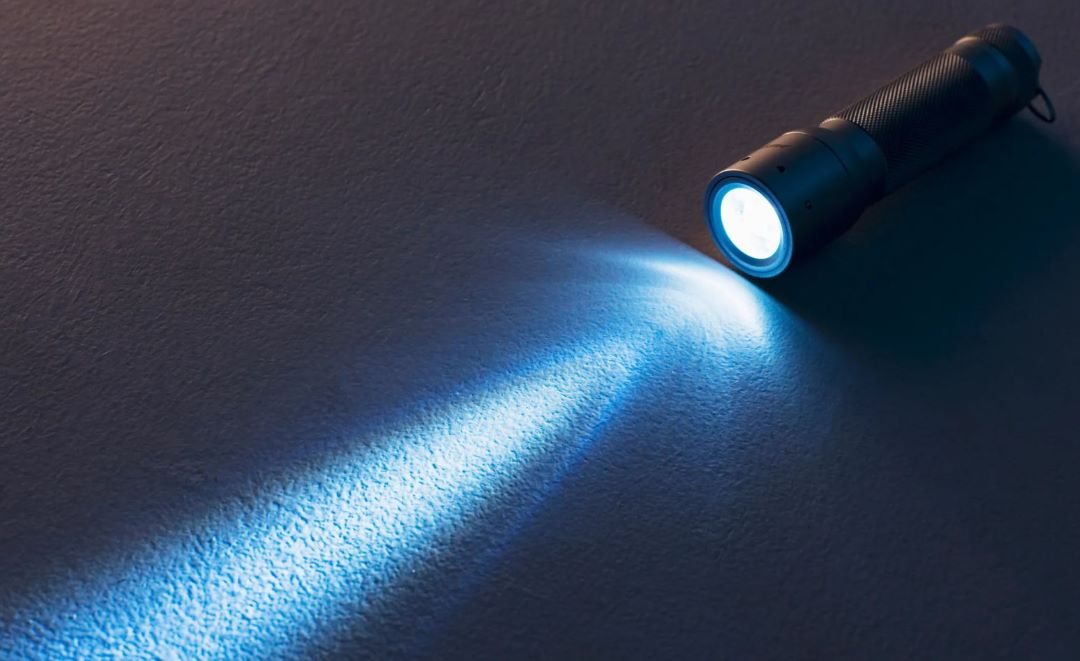
How do you survive a night without power?
You survive a night without power by namely adjusting your home environment and being prepared. First, disconnect all unnecessary equipment and unplug appliances to prevent damage when the power resumes. This ensures your electronic gadgets are safe in the event of an electrical surge when the outage ends.
Open windows to allow a breeze to help cool the space, but remember to secure doors for safety. If you have a generator, use it sparingly to power essential heating or cooling systems for a few hours to maintain a comfortable temperature. Keep a flashlight handy for each family member, so you're prepared to move around safely in the dark.
Lastly, connect with family members to ensure everyone is calm and knows what to happen, which can help maintain a sense of security and normalcy during the outage. Always keep a supply of water and non-perishable foods accessible, as these outages can sometimes last longer than expected.
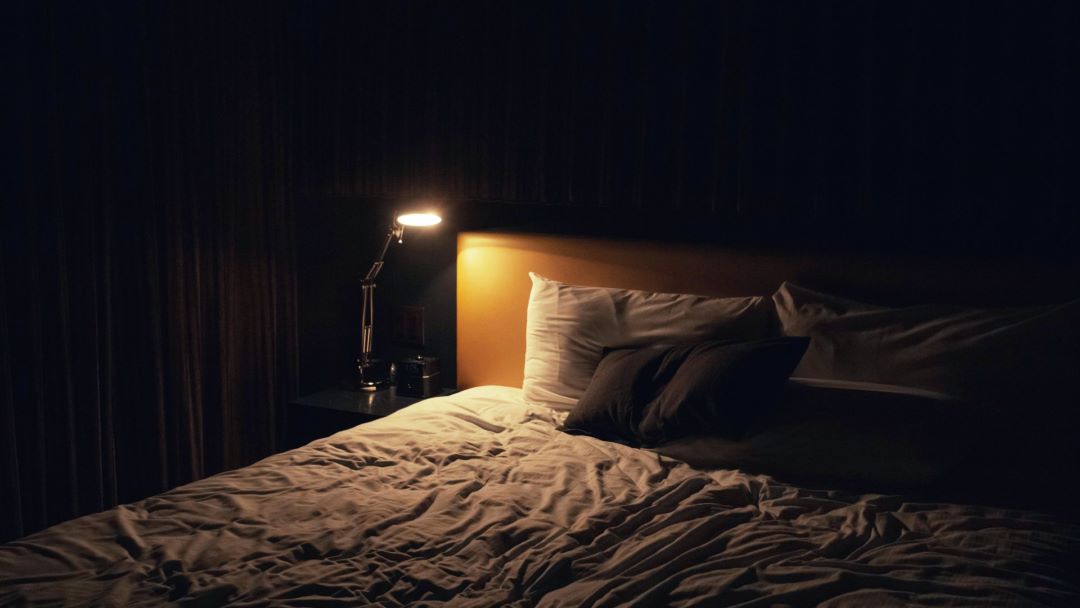
How do you sleep during a power outage?
During a power outage, you sleep by creating an environment that is as comfortable and safe as possible without electricity. In most cases, you won't be able to operate your usual heating or air conditioning systems, so it's essential to regulate your bedroom's temperature naturally.
Open the windows to allow air circulation if it's warm or layer extra blankets for heat if it's cold. Since the freezer and refrigerator needs to stay closed to protect your food supplies, refrain from opening it frequently. Ensure all electronics are unplugged, not just to protect the equipment from potential electrical surges when the power returns, but also to conserve any backup power supplies you might have, such as a generator or battery packs.
If you have a car with a power outlet, you could use it to charge essential electronics, but make sure to do so safely and not for prolonged periods to avoid draining the car's battery. During a house blackout, use flashlights or candles for light, but always remember to place candles away from flammable materials and never leave them unattended.
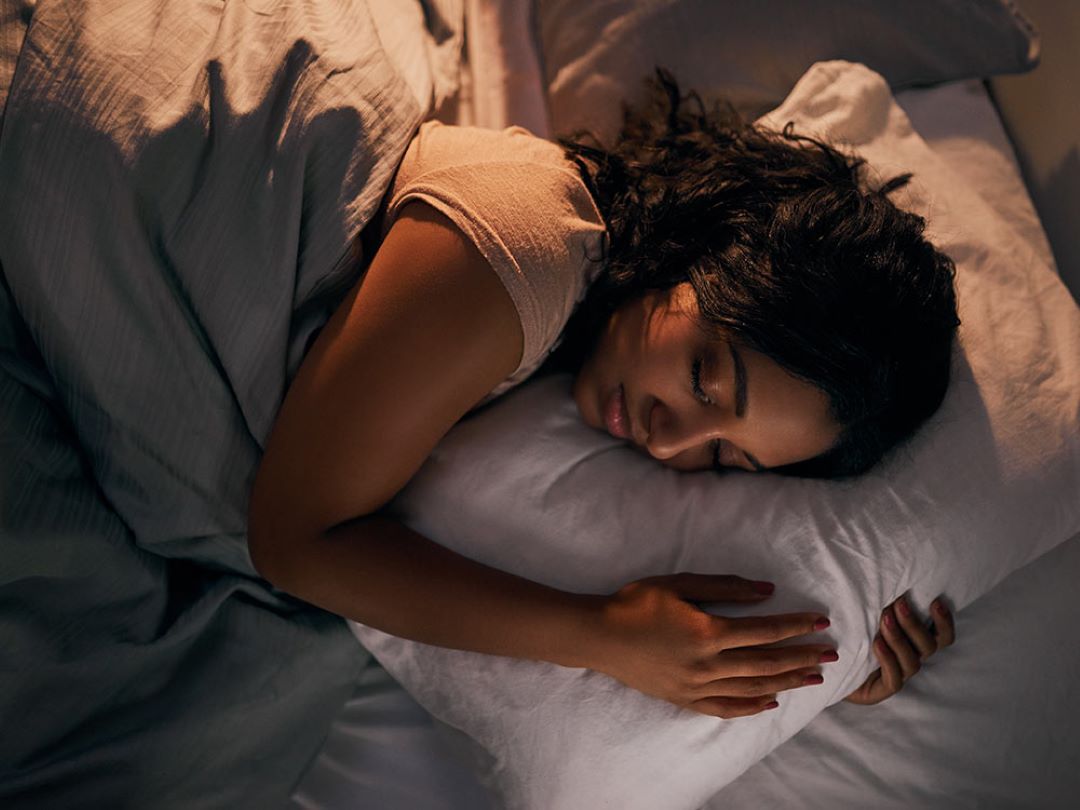
How to sleep during a power outage?
During a power outage, you can sleep by using a cold compress on the back of your neck to stay cool, especially during warmer blackouts.
Reusable gel packs that can be stored in the freezer are excellent options, as they can be quickly frozen again once the power returns.
Alternatively, you can opt for first aid cold compresses that activate when popped, creating an endothermic chemical reaction to stay cold without the need for refrigeration.
These can offer a temporary refreshing relief, making sleeping more comfortable during power outages.
Lastly, keep doors closed to maintain the room's temperature and ensure you have a plan to switch off or disconnect any non-essential appliances that were operating before the outage to prevent damage when the power eventually returns. Read this article to gain additional insight on how to protect your electrical appliances from power surges.
What to do during blackout in Singapore?
During a blackout in Singapore, you can check the electrical panel to see if a circuit breaker has tripped. In most cases, this happens when the electrical system is overloaded, causing a disruption in electricity.
Locate the panel in your house and identify the breaker that appears to be in an "off" position, or not aligned with the others. Carefully switch it back on to restore electrical power.
If the breaker won’t stay in the "on" position, it might indicate a deeper electrical problem, and it’s best not to operate any connected appliances until a professional such as Lito Electrical Service can assess the issue.
If you have a generator, it can temporarily connect to your electrical system, providing necessary power until the main electricity supply is restored.
If you want to understand the flipped breaker issue in detail, these are the top 5 reasons why circuit breakers trip.
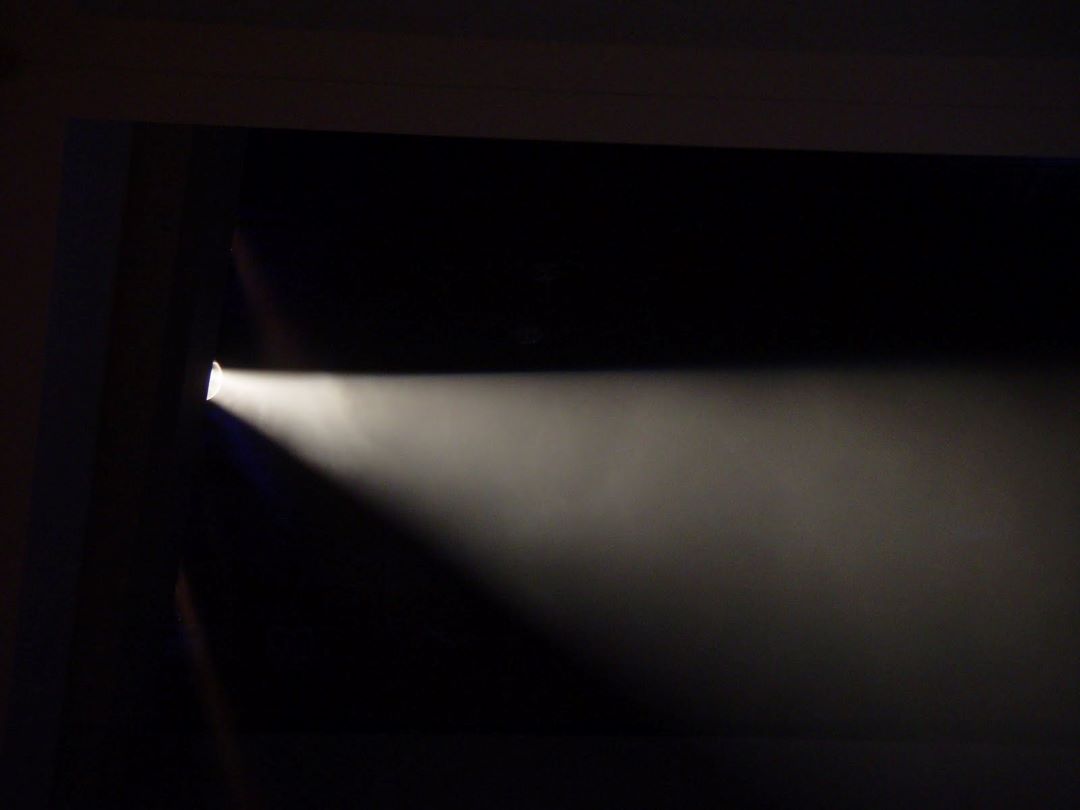
What to do when all power goes out?
When all power goes out, you need to first confirm that your house has lost power by checking with your electric company or neighbors. If the issue seems localized to your home, contact a local electrician to assess the situation.
Turn off or unplug your electrical appliances to prevent damage from potential power surges when electricity is restored. Be sure to keep refrigerator and freezer doors closed as much as possible to prevent food spoilage, as they can typically keep your food cold for several hours.
Utilize flashlights rather than candles for emergency lighting to reduce fire risks. Ensure you connect with family members to keep them comfortable and safe, making sure you have necessary supplies and a charged cell phone for communication.
Prioritize using battery-operated electronics and avoid draining your devices excessively until power is back.
Remember, power outages and power trips can last for hours or even weeks, so having an emergency kit with essential items is key for staying safe and comfortable. Read this article to learn how to reset a power trip in Singapore.
What to do for fun when there's no power?
When there's no power, you can organize a candle-lit dinner for your household members to enjoy some quality time together while waiting for the power to return.
Set up a game night with family games or board games, using a flashlight to keep the fun going.
Toast marshmallows over a safe heat source, or put on a concert where each family member shows off their talents.
For some cozy creativity, set up a pillow fort in the living room where you can read stories or listen to an audiobook.
Consider going for a night walk around the neighborhood to see if other houses are experiencing power outages while enjoying the serenity.
Alternatively, take this time to write a letter to a distant friend, catch up on reading, or paint your nails.
If possible, visit family and friends nearby to share in the moment and make the best of the situation.
Always remember to conserve energy from devices and use a generator if necessary to maintain essential electrical power for hours until the power situation is resolved.